Kirsten Shaw · 2022
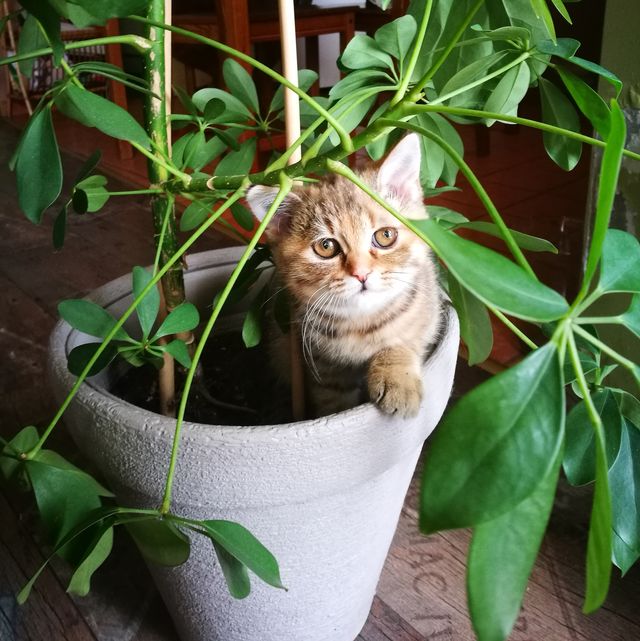
Plants are a beautiful way to brighten up your home. Even though real houseplants cleanse and purify the air, there are several types that are not safe for pets. Many can cause very serious or in some cases fatal health issues to your pet, such as kidney failure. To be safe and avoid purchasing anything that could be harmful to your furry friend, artificial plants are a great alternative.
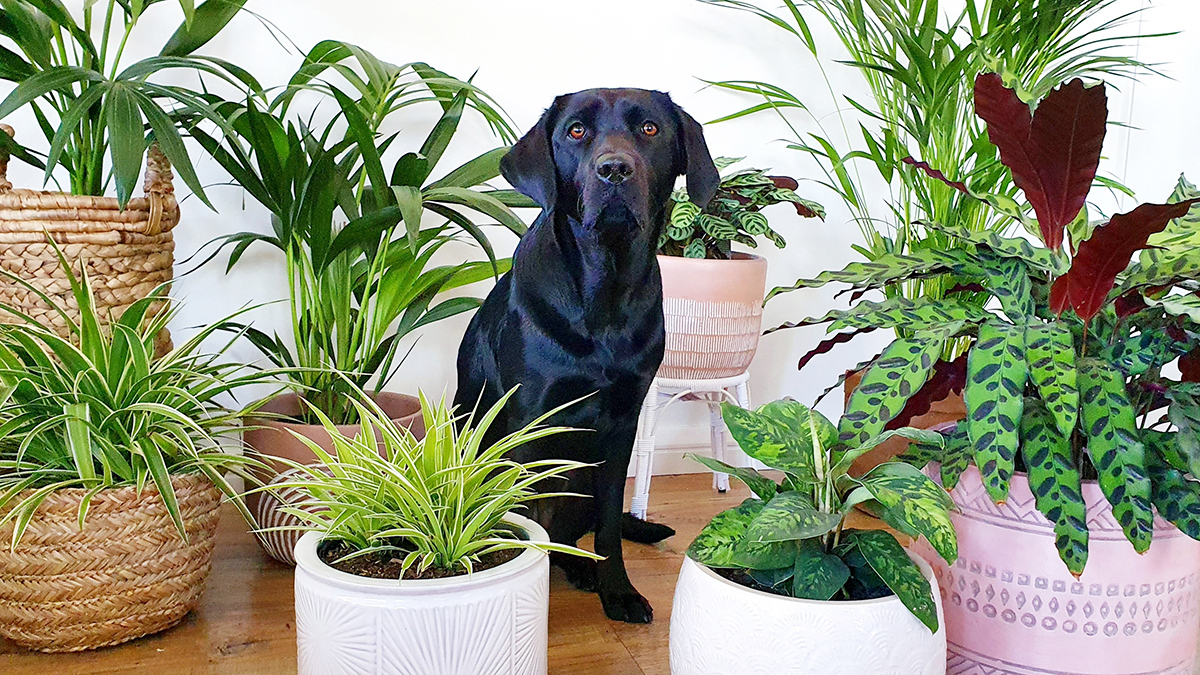
What kind of plants are toxic to pets?
There is a long list of harmful plants to have around pets. Here are a few of the most common ones:
Snake Plant

Snake plants are very popular for home décor because of their ability to grow in low light. But they contain chemical compounds called saponins, which is very toxic if ingested. In large doses, it can cause nausea, vomiting and diarrhea. Shop our artificial alternative here!
Aloe
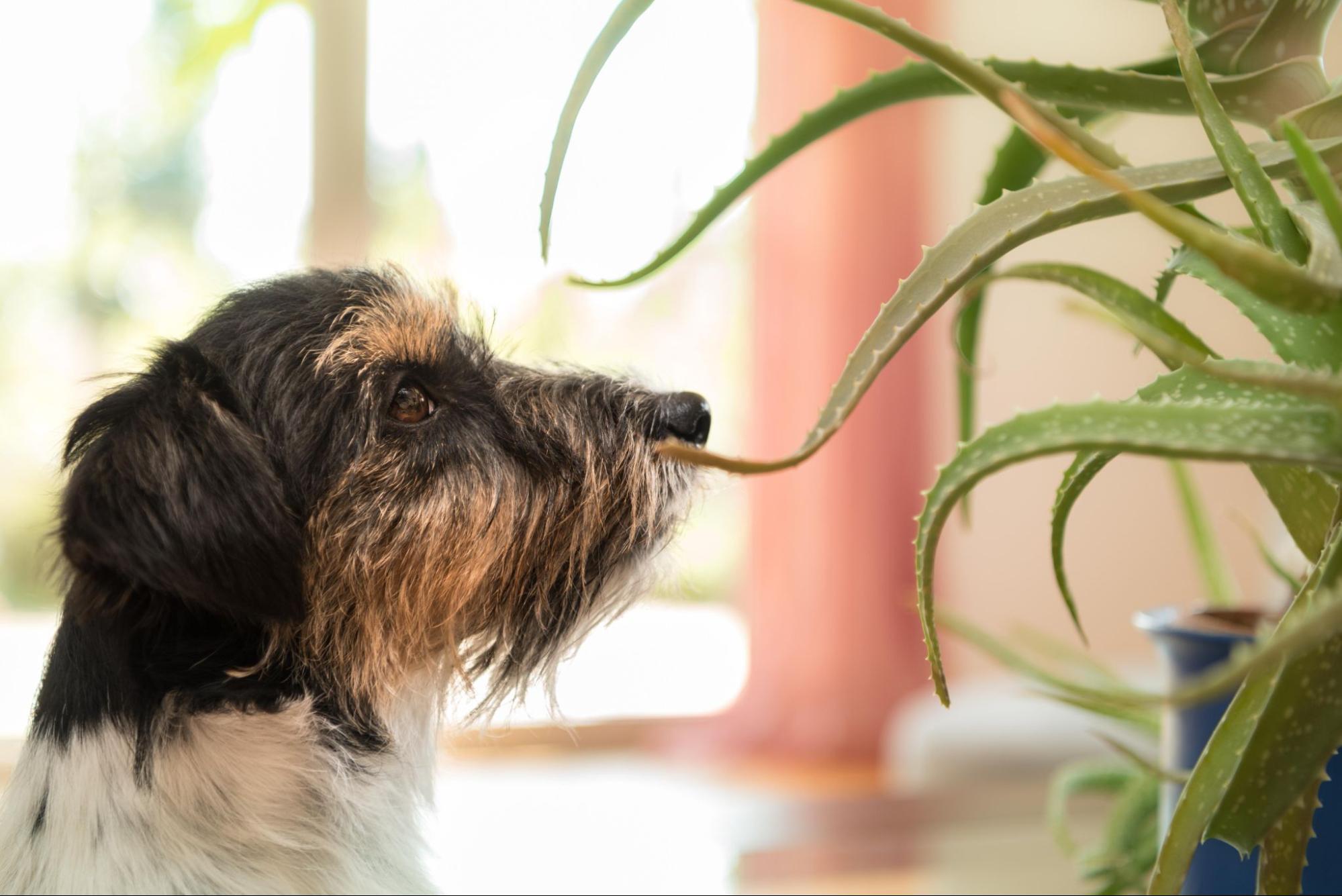
Not only do aloe plants add a decorative touch to a room, they also come in handy if you need to soothe a burn. Although there are hundreds of varieties of aloe plants, the aloe barbadensis is the kind you will usually find at your local Lowe’s or Home Depot. The ASPCA reports that aloe is toxic to both cats and dogs. Although the gel substance the leaves contain aren’t harmful to your pet if its ingested, other parts of the plant can expose toxins called anthraquinone glycosides that can harm their digestive system.
ZZ Plant
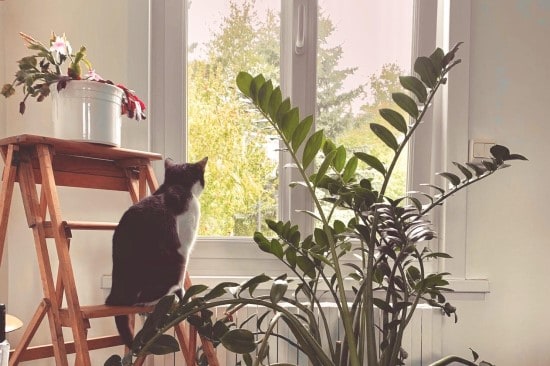
Also popular for its ability to thrive in low light environments, ZZ plants can cause irritable reactions to your pets, including diarrhea and vomiting. It contains calcium oxalate crystals that can cause irritation and swelling in the mouth and respiratory issues.
Fig Tree
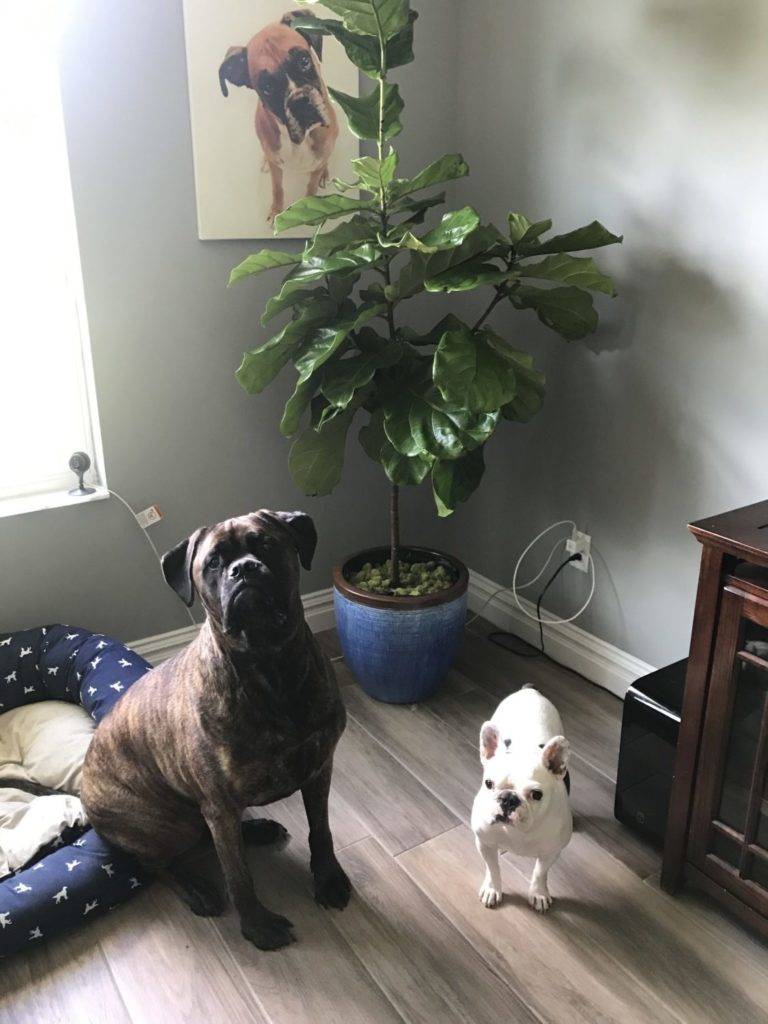
The fiddle leaf fig has become an incredibly popular houseplant to have in your home. Just think twice about growing a fig tree if you have a pet at home. ASPCA reports fig trees are toxic to dogs and cats.
Eucalyptus
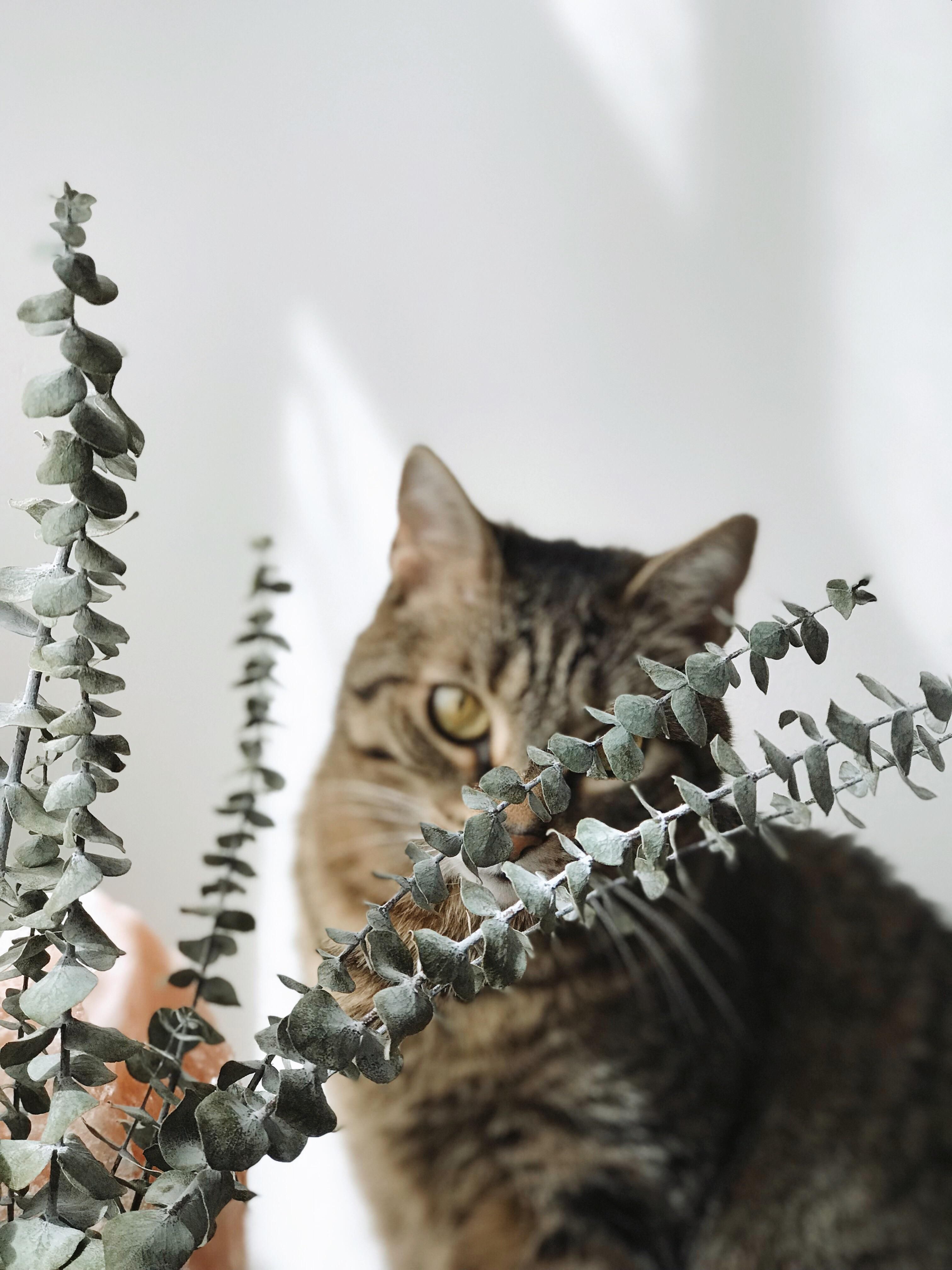
Popular for its fragrant, mind-soothing leaves, eucalyptus oil can trigger lethargy and irritate your pets. Even the smell of eucalyptus oil can trigger them into a bad mood.
Hydrangea
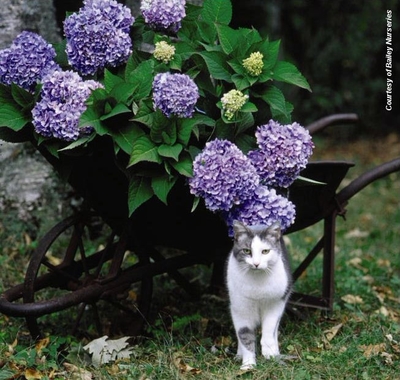
Hydrangea blossoms are known for their lush, colorful beauty, but they can cause your pet to become ill if consumed. Most pets will become nauseated along with diarrhea within a couple hours of eating the plant.
There are many more harmful houseplants out there. We recommend researching plants that are currently in your home to make sure they are pet friendly, and consider swapping for a safer artificial version!
If you suspect that your cat has chewed or ingested a potentially toxic plant, doctors recommend taking a picture of the plant and immediately heading to your veterinarian. It does not matter the quantity they consumed; it is better to be safe because the repercussions can be dire. It is important to remember that the plant does not have to be ingested in order to be poisonous. Simply chewing on the plant can be toxic. Look out for symptoms such as diarrhea, lethargy, and vomiting. ASPCA poison control hotline can be called en route to the hospital or once the pet has arrived.
ASPCA Poison Control Hotline: (888) 426-4435
Please note all imagery featured is purely inspiration and not a product of Nature's Elements.





